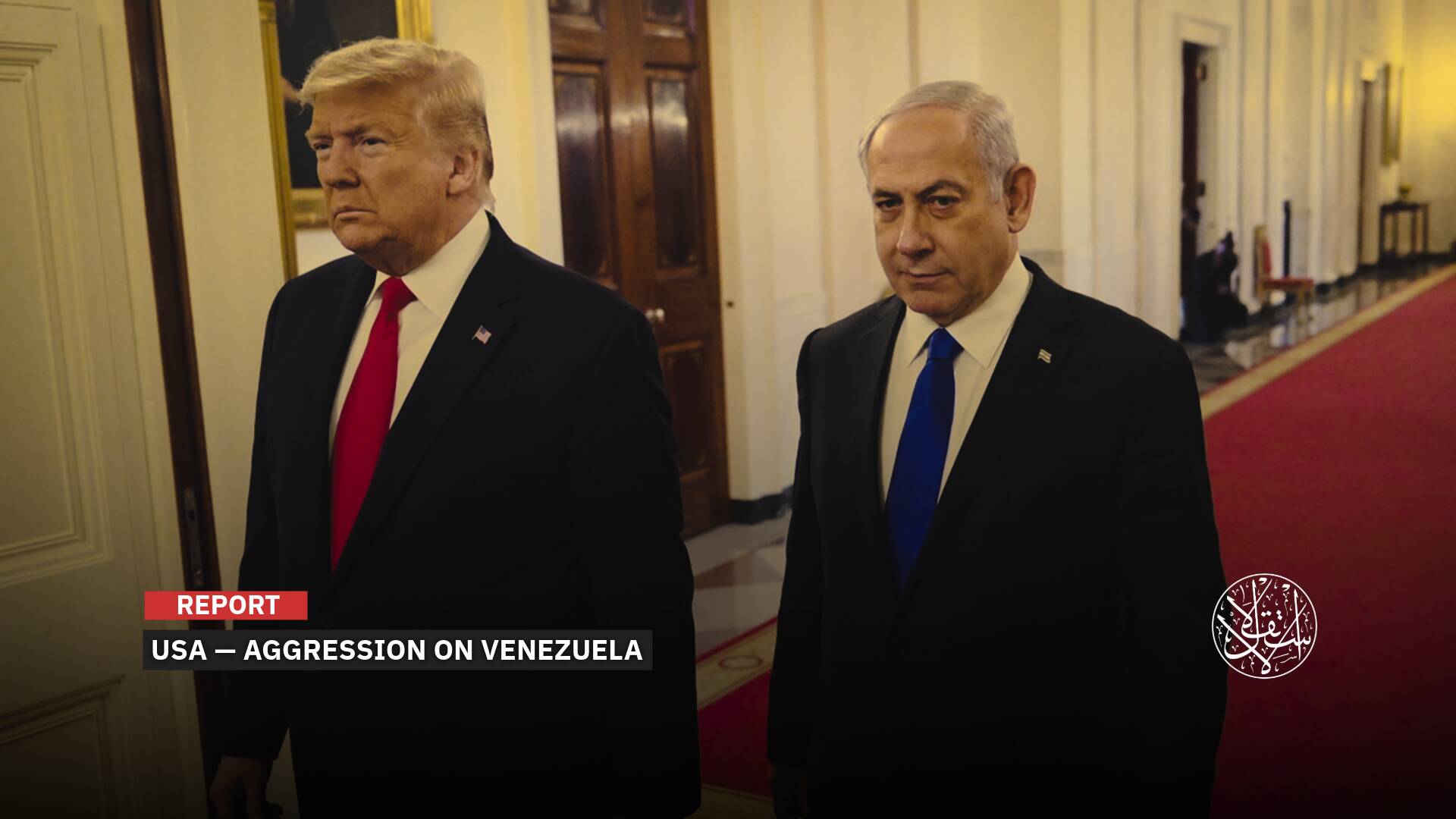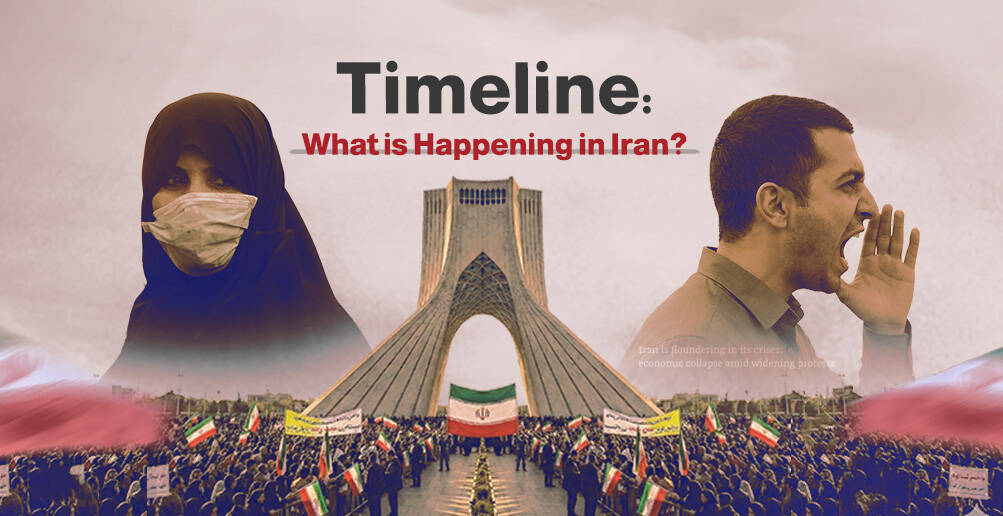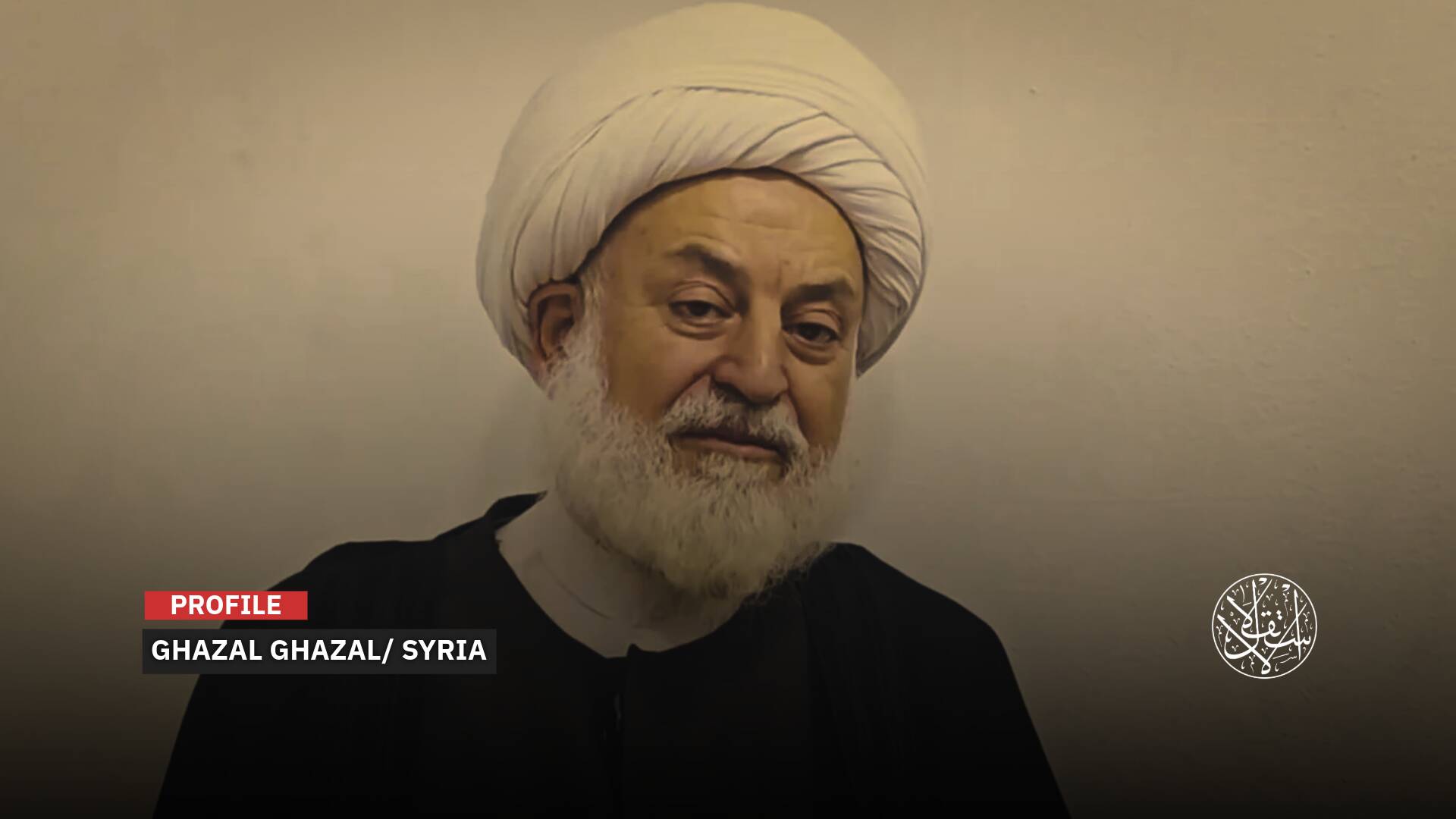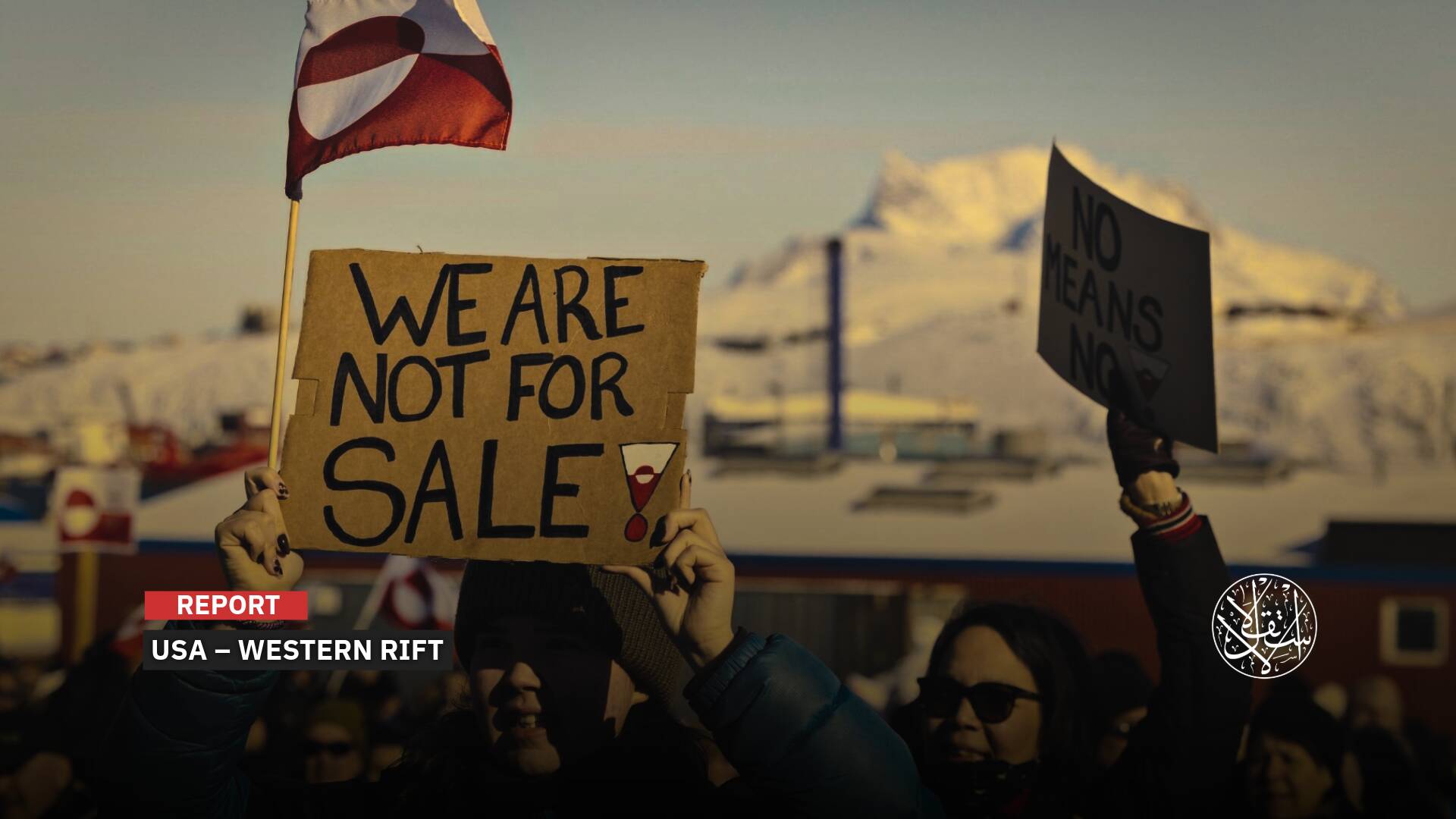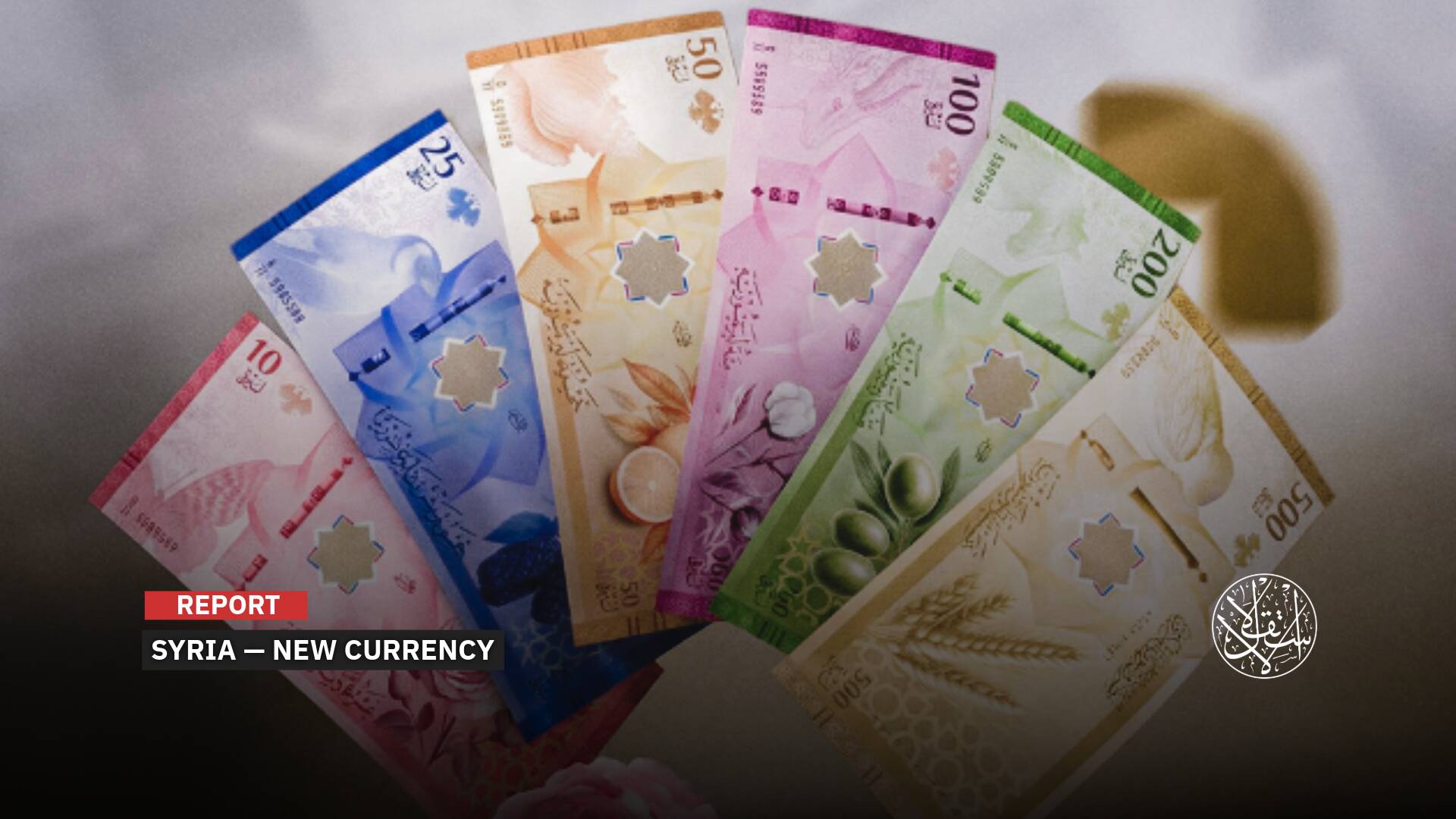Racial Sensitivities: A Political Controversy Over Child Sexual Abuse Investigations in Britain

There has been talk in Britain once again about crimes of sexual exploitation of minors, which have haunted the British for decades, prompting the government to take several measures with the aim of opening strict investigations into these crimes by the competent authorities, and holding those responsible accountable.
But the recent statements of Home Secretary Suella Braverman caused more uproar than government instructions, especially after she said that most of the crimes committed in this regard are perpetrated by British Pakistani men, which prompted the opposition Labour Party to consider the minister’s statements racist and might create problems in society.
A report by the British Home Office in 2020 said, “It concluded that there is no reliable evidence that any ethnic group is involved in cases of child sexual abuse.”
Studies and statistics indicate that there are British Asians among the gangs that commit crimes against teenage and young girls, in addition to other segments of society, including White people.
However, all the data collected points to gaps in the investigations, which help the perpetrators to escape punishment and complicate the treatment of this crisis.
Racial Sensitivities
British Prime Minister Rishi Sunak said on April 3, 2023, that his government has begun to crack down on child grooming gangs, noting that political correctness should not be an obstacle to keeping women and young girls safe.
Sunak pledged that his government would provide all the necessary data about the gangs that commit these crimes in order to help the competent authorities to convict them and punish them, noting that it is unacceptable to continue ignoring or avoiding the investigation of these crimes due to cultural or racial considerations and sensitivities.
The Troy government also decided to send specialized officers, supported by the National Anti-Crime Organization, to assist local authorities in investigating this type of crime.
The government is seeking to ensure an optimal response to the crisis and to start besieging it and arresting its influential gangs with the availability of the correct investigation and sufficient information.
Sunak’s government has also launched a mandatory reporting duty for those who work or volunteer with children to report child sexual abuse.

Rishi Sunak’s announcement of the new measures to strengthen the fight against the sexual exploitation of minors came immediately after Home Secretary Suella Braverman’s remarks in a televised interview with Sky News on April 3, 2023.
Known for her strong stance against immigrants, Braverman said vulnerable White girls are being targeted by British Pakistani grooming gangs. Institutions, social workers, police, and security agencies have turned a blind eye to the targeting out of political correctness and out of fear of being called racist.
On the other hand, the presenter of the program, who hosted Braverman, showed a report by the British Home Office in 2020 that concluded that child grooming gangs are often White and that although there are some prominent cases, no links between race and this form of criminality can be proven.
Despite this, Braverman insisted on what she said in the interview and cited an old report dating back to 2014 to confirm her accusation of these practices against Pakistanis.
Two days after the Home Secretary’s remark, which many described as racist and biased, it was announced that 21 people had been arrested for their roles in the largest child sex abuse case investigated by West Midlands Police, shockingly none of whom were Pakistanis.

Discredited Stereotypes
The statements of Home Secretary Suella Braverman (of Indian origin) sparked widespread criticism from political and societal parties inside and outside Britain.
Pakistan’s foreign office spokesperson Mehnaz Baloch, on April 5, 2023, condemned Braverman’s remarks which, he said, painted a highly misleading picture signaling the intent to target and treat British Pakistanis differently.
“Braverman had erroneously branded criminal behavior of some individuals as a representation of the entire community,” Baloch said.
“She fails to take note of the systemic racism and ghettoization of communities and omits to recognize the tremendous cultural, economic, and political contributions that British Pakistanis continue to make in British society,” Baloch said in her weekly briefing in the Pakistani capital, Islamabad.
On the British level, Labour Party leader Keir Starmer expressed reservations about Braverman’s statements, which referred to the Pakistani background of the perpetrators of sexual abuse crimes.
In a statement to LBC, he indicated that the vast majority of these crimes are not tolerated by an ethnic minority, according to official investigations.
On her part, the Mayor of West Yorkshire, Tracy Brabin, who belongs to the Labour Party, said that Braverman is trying to generalize distorted stereotypes about ethnic minorities.
As for the Shadow Home Secretary in the Labour government, Yvette Cooper, she confirmed that the new plans of the Tory government to combat crimes of soliciting minors are not enough.
Sabah Kaiser, ethnic minority ambassador to the Independent Inquiry into Child Sexual Abuse, told the BBC it was very dangerous to turn child sexual abuse into a matter of color.
Whereas, Dr. Ella Cockbain, Assistant Professor in the Department of Security and Criminology at University College London, said that the government was disregarding and contradicting its own research to push discredited stereotypes.
She added to the BBC that “the British Home Secretary chooses to generalize the points endorsed by the hard-right, and to push toward questionable stereotypes. It’s very dangerous and very reductive.”
On his part, MSNBC journalist Mehdi Hasan said that despite the minister’s (Indian) ethnic origin, Suella Braverman might be Troy’s most fanatical and dangerous politician for decades.
Despite heavy competition, and despite her own ethnicity, Suella Braverman may be the most bigoted, cynical, and dangerous politician to emerge from the modern UK Conservative Party in many decades. This is vile and dishonest stuff: https://t.co/i6sMul37pb
— Mehdi Hasan (@mehdirhasan) April 2, 2023
Ethnicity of Grooming Gangs
The political controversy and uproar caused by the British Home Secretary’s statements forced her to issue an official statement explaining that she intended in her speech to refer to three specific areas that witnessed the worst crimes of this kind and were committed by British Pakistani men, according to police investigations and court rulings that condemned the perpetrators at the time.
The three regions referred to by the Home Secretary are Rochdale, Rotherham, and Telford, all of which are located in the center of England, and each of them witnessed a large number of these crimes, which are called grooming of minors, which necessitated the opening of an official and comprehensive investigation into the phenomenon, which lasted three years and its results were released in mid-July 2022.
The investigation says that both Telford and Rotherham witnessed more than 1,000 crimes of grooming girls of white skin over the past years. As for Rochdale, the number of its victims was lower, not to mention other areas such as Oxford, Derby, and Newcastle, which recorded dozens of cases.
According to the results of the investigation, the majority of perpetrators of crimes of exploitation of minors in these areas are of Asian origin.
Press reports stated at the time that they were British Pakistani men, but the matter was not officially confirmed until just a few days ago when the Home Secretary spoke and confirmed to local media that the perpetrators of the biggest crimes are of Pakistani origin.
In her independent review of the Rotherham case, published in 2014, Prof. Alexis Jay concluded that the majority of known perpetrators were of Pakistani heritage, including five men convicted in 2010.
Greater Manchester Police identified the men convicted at the trial in the Rochdale abuse scandal in February 2012 as British Pakistani.
The Telford abusers were men of southern Asian heritage, according to an independent inquiry carried out into the case.
The 2010 convictions of a group of White men and a woman for abusing 30 children in the Camborne area of Cornwall have received less attention.

But the suggestion that the ethnic background of the perpetrators plays an important part in abuse by gangs is hard to support, at least based on the current evidence.
In 2022 the Independent Inquiry into child sexual abuse investigated abuse in six cities that had not experienced a high-profile grooming case.
It found evidence that gang-based abuse was happening, and of widespread failures by the police to record the ethnicity of perpetrators.
This makes it impossible to know whether any particular ethnic group is over-represented as perpetrators of child sexual exploitation by networks, the report concluded.
A study conducted by the Home Office in 2020 concluded that the majority of perpetrators of child sexual abuse crimes are White.
However, the proportion of criminals who belong to African or Asian ethnic backgrounds is large compared to the size of the representation of these minorities in British society, with its emphasis on the difficulty of obtaining accurate data in this regard.
The study shows that many restrictions were placed on linking these crimes to the ethnic background of the criminals, which made many police investigations incomplete and with poor results when researching the phenomenon of grooming minors, but in general it is difficult to say that it is a monopoly on a specific race or that it is more widespread and expanded among the members of a specific community.
A previous piece of research from 2015 found that of 1,231 perpetrators of group and gang-based child sexual exploitation, 42% were White, 14% were identified as Asian or Asian British, and 17% were Black.
The problem is that the data is from only 19 out of more than 40 police forces and nearly a decade old.
Sources
- Rishi Sunak criticises political correctness over grooming gangs
- Braverman words on British Pakistani men discriminatory: Pakistan
- Twenty-one convicted in West Midlands child sex abuse inquiry
- Grooming gangs and ethnicity: What does the evidence say?
- A new Home Office report admits grooming gangs are not a Muslim problem [Analysis]







